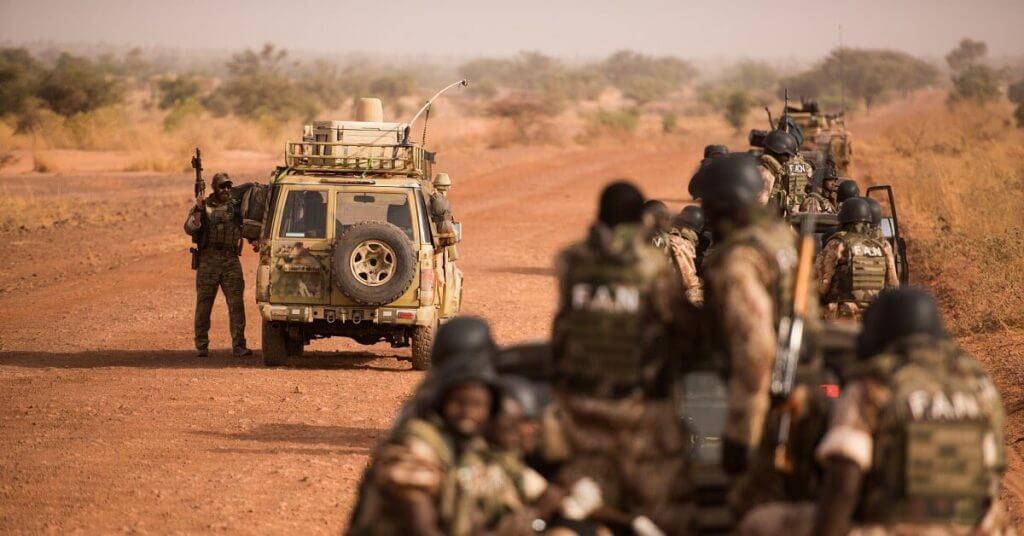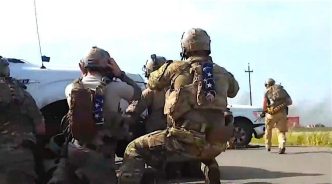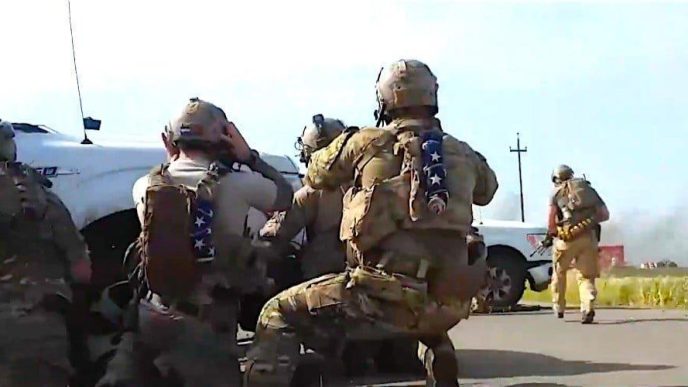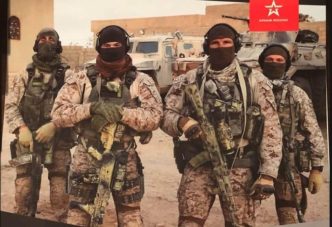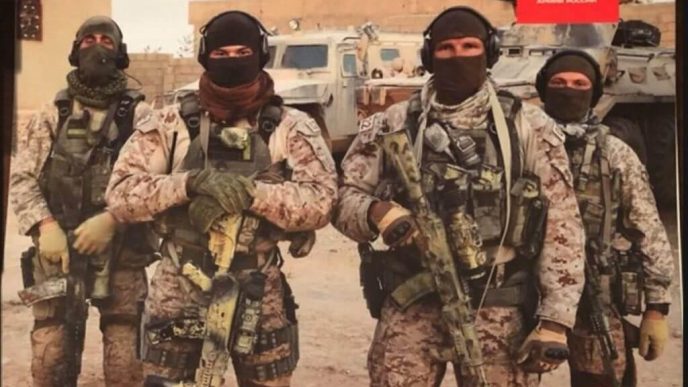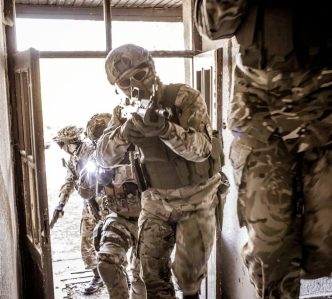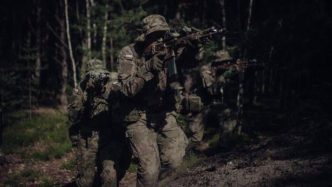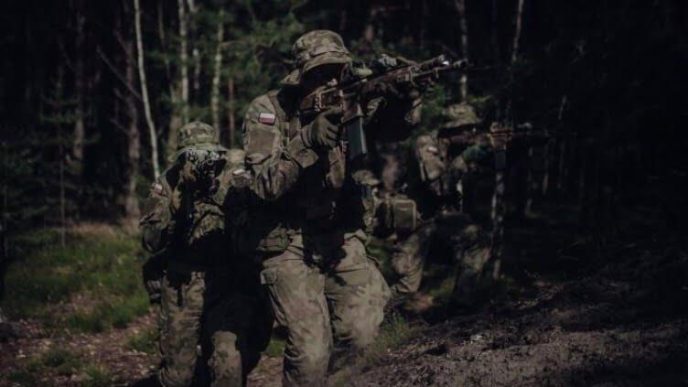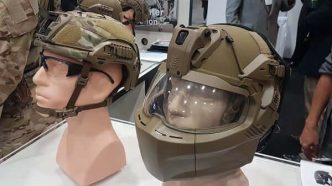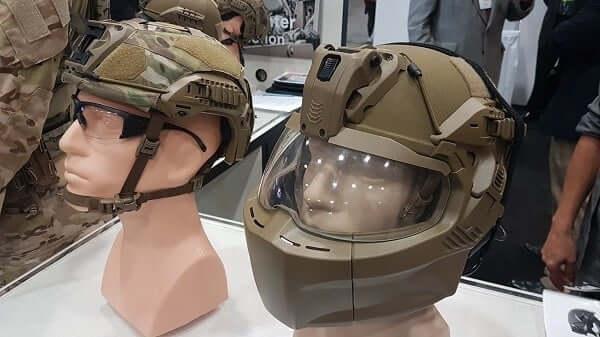On October 4, 2017, an 11-member Army special operations unit known as Team Ouallam and a 30-member Nigerien partner force were ambushed near the village of Tongo Tongo, Niger few miles from the Mali border. This was a team’s third mission since they arrived in Niger (a month before). Green Berets were on a mission pursuing a local ISIS commander known as Doundoun Cheffou. Cheffou was linked by intelligence to the kidnapping of an American.
In plan A, they were supposed to infiltrate village with a helicopter, alongside Nigerien partner forces, but due to the weather issues, they didn’t proceed. Instead of that, 11 Green Berets and 30 Nigerien special forces operators were headed to the village with vehicles. In an ambush and a firefight which followed, 4 Green Berets were killed and 5 Nigerien soldiers. Staff Sgt. Jeremiah W. Johnson, Staff Sgt. Dustin M. Wright, Sgt. La David Johnson and Staff Sgt. Bryan C. Black paid the ultimate price.
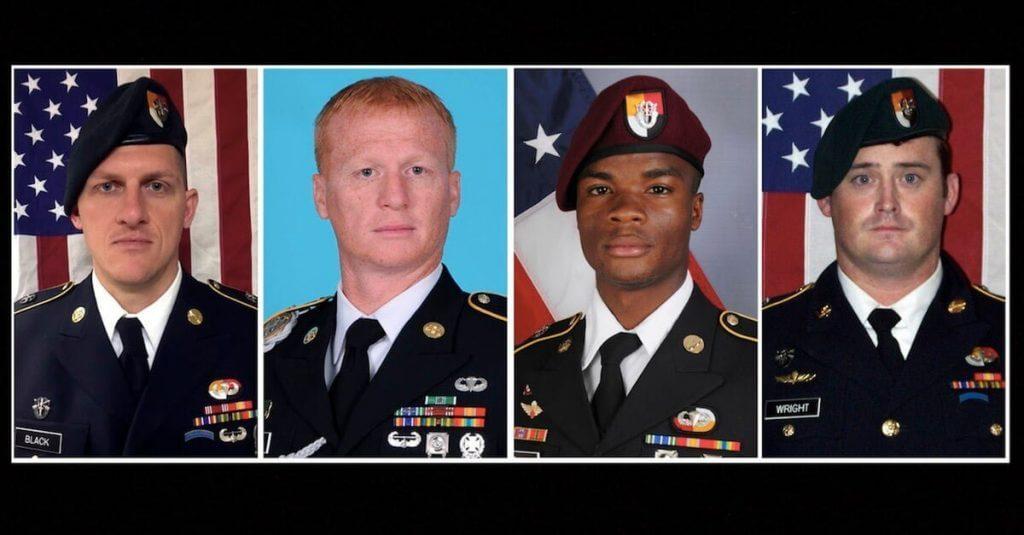
Two years later, family members of three of the fallen are not satisfied with how U.S. Africa Command handled the investigation.nThe fathers of Staff Sgt. Johnson, Staff Sgt. Wright and Staff Sgt. Black, as well as Black’s mother and widow, released a joint statement on Friday. The statement was also supported by Black’s brother and Johnson’s widow.
“After 2 years of scrutiny and disparagements, team members, both those killed in action and survivors, have finally been recognized for valor and performance under fire. However, we are disappointed in the AFRICOM investigation,” the family members wrote in their statement. “It downplays the reported pushback by team commander CPT Michael Perozeni against the mission which led to the deaths of our soldiers, and portrays an overall misleading narrative.”
That narrative led the military to give some of the soldiers’ awards that were at a level significantly below what was merited, the family members wrote.
The leader of Operational Detachment Alpha 3212, Capt. Michael Perozeni asked not to continue the mission prior to the attack, according to the redacted investigation.
“The team reportedly assessed that it was a mission that they shouldn’t have executed, and once in the ambush, they fought well and the lesson learned is to listen to the commander on the ground and go with their recommendation, unless there is an overriding operational reason that you just have to do it,” Henry Black, the father of fallen Green Beret Staff Sgt. Bryan Black, told Army Times on Friday.
At the time of the ambush, Alan Van Saun was company commander for Alpha Company in the 2nd Battalion of the 3rd Special Forces Group. In his opinion-edge article “After the Niger Ambush, I Trusted the Army to Find Answers. Instead, I Was Punished.” published in the “At War” section of the New York Times, he detailed how his trust in the Army deteriorated because of the incident. In the article, he described how he put all of his faith in the Army and its policies and procedures to get to the bottom of what had happened.
After a 14-month long investigation into the matter, Saun was formally reprimanded for failing to adequately train his operators for the deployment. But he said such an assessment was connected to a training event that happened before he assumed command of the Alpha Company.
But Saun wasn’t the only one who was reprimanded following the investigation. The commanding officer of Special Operations forces in Africa Maj. Gen. Marcus Hicks also was reprimanded for a lack of oversight on his subordinate officers, along with several other officers.
Capt. Michael Perozeni, the junior officer who led the mission, initially was reprimanded but successfully appealed his punishment, the New York Times reported in June.
However, the Niger ambush aftermath triggered some questions and led to the policy and tactics changes of Special Operations forces in Africa.
